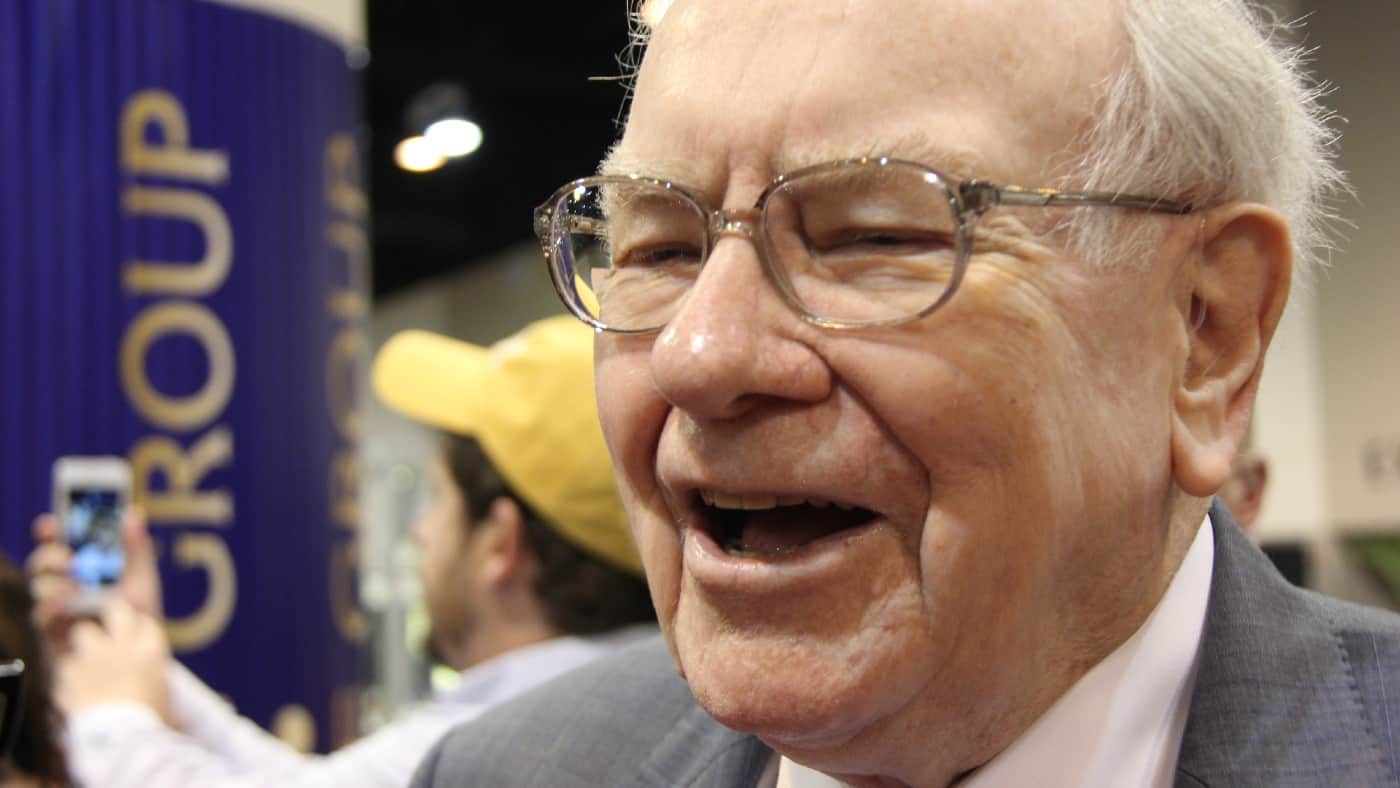Every month, we ask our freelance writers to share their top ideas for growth stocks with investors — here’s what they said for August!
[Just beginning your investing journey? Check out our guide on how to start investing in the UK.]
3i Group
What it does: 3i Group is a closed-ended investment fund with a global focus on private equity and infrastructure.
By Charlie Carman. 3i Group (LSE:III) has performed exceptionally well in recent years. I think there’s plenty of room for more growth ahead.
Granted, private equity exposure has unique risks. Unlisted shares have lower liquidity than their publicly traded counterparts and are often more volatile. However, that should be weighed against the potential for higher returns.
Dozens of companies feature in 3i Group’s portfolio, but the jewel in the crown is Action, a discount retailer. It represents around 65% of the fund’s total holdings.
Action has nearly 2,700 stores and a product range spanning toys, household goods, gardening items, pet products, and more. It’s the fastest-growing non-food discounter in Europe.
3i Group’s significant concentration in one company might be a cause for concern. Nonetheless, Action’s growth story doesn’t appear to be ending anytime soon.
Trading at a forward price-to-earnings (P/E) ratio under five, 3i Group shares offer good value today in my view.
Charlie Carman does not own shares in 3i Group.
BAE Systems
What it does: BAE Systems is Britain’s largest defence contractor and a critical supplier to the UK and US armed forces.
By Royston Wild. Defence business BAE Systems (LSE:BA.) has seen its share price slump almost 10% from June’s record closing peaks of £14. I think this could present an attractive dip-buying opportunity for long-term investors.
The FTSE 100 company’s share price has exploded following Russia’s invasion of Ukraine in 2022. It looks poised for further gains, too, as Western nations rebuild their militaries following years of underinvestment.
In the UK, new prime minister Keir Starmer has vowed to increase defence spending to 2.5%. It mirrors similar steps by other major NATO nations as fears over Chinese and Russian expansionism rise.
BAE Systems is enjoying record orders against this backcloth. And City analysts expect its products and services to remain in high demand. They forecast earnings growth of 7% for this year, and an improved 12% rise in 2025.
The defence sector is highly competitive, and a failure to keep up with technological advancements could compromise future sales. Still, BAE Systems’ long track record of providing market-leading technologies helps soothe any fears I have on this front.
Royston Wild does not own shares in BAE Systems.
Prudential
What it does: Prudential was founded in 1848 and remains one of the biggest UK insurers, selling pensions and protection policies around the world, but primarily in Asia.
By Harvey Jones. Investors in FTSE 100 insurer Prudential (LSE: PRU) have had a rotten time and there’s no sign of respite.
The Prudential share price has crashed 53.79% over five years. It’s down 35.02% over one year, 17.87% over three months and 9.8% over the last month.
What was supposed to be Prudential’s unique selling point – its exposure to booming China and Asia – has turned into a millstone as the Chinese economy tanks.
Yet I think there’s now a real opportunity here.
Pru shares are dirt cheap, trading at just 9.92 times earnings. Earlier this month, broker Jefferies recently said the stock now trades at a “deeply discounted” multiple and set a target price of 1,350p to 1,310p. That’s a potential upside of almost 97% from today’s 686p.
China’s plight could intensify as the property market crumbles and US tensions grow. Yet amid all the macroeconomic and geopolitical gloom, investors risk losing sight of the fact that Prudential’s business profits jumped 45% to $3.1bn in 2023.
There’s a bit of dividend income on offer, too, courtesy of its 2.41% trailing yield. That’s below the FTSE 100 average but the board hiked the full-year dividend by 9% last year, which shows willing.
Prudential’s shares may slide further. But there’s huge recovery potential for long-term investors like me. I’ll consider buying it in August.
Harvey Jones does not own shares in Prudential.
Prudential
What it does: Prudential offers insurance and asset management products across Asia and Africa.
By Andrew Mackie: My mantra is to invest in businesses that I believe the market is undervaluing. As it trades at a 12-year low, Prudential (LSE: PRU) is a stock in serious bargain territory.
In August 2023, it set out a new strategy. Through to 2027, the company is aiming to grow new business profit at a compound annual growth rate of 15-20%. Based on its 2023 results, I have a lot of confidence that it will meet this target.
China and Hong Kong remain its growth engines. The Chinese Mainland has a population of 1.4bn, with incredibly low insurance penetration rates. In 2023, Hong Kong contributed to 45% of new business profits, driven by a surge in visitors from the Mainland.
One principal reason its share price continues to languish, relate to investor fears over the state of the Chinese property market. As prices have fallen, it remains unclear what effect this will have on economic growth across the region.
Nevertheless, the fundamental growth drivers for savings and retirement products in China and more widely remain intact. That is why I doubled down on my holdings in the last week.
Andrew Mackie owns shares in Prudential.
Smithson Investment Trust
What it does: Smithson Investment Trust invests in quality small and mid-sized companies with a market capitalisation of between £500m and £15bn
By Paul Summers: As an existing holder, I can’t say I’ve been bowled over by the performance of Smithson Investment Trust (LSE: SSON) in the last couple of years. Then again, at least some of this has been beyond the control of manager Simon Barnard.
Smithson looks for small and mid-cap growth stocks from around the world – just the sort of investments that tend to be out of favour in a high interest rate environment. But with rates here and ‘across the pond’ looking like they will fall soon, risk appetite should increase.
Of course, any further delays to these cuts could hit sentiment. But Smithson shares already trade at an attractive 11% discount to net assets.
Bias aside, I’m optimistic that this investment trust can catch up for lost time, finish 2024 in style and possibly outperform its mega-cap ‘big brother’ – Terry Smith’s Fundsmith Equity Fund.
Paul Summers owns shares in Smithson Investment Trust and Fundsmith Equity Fund
Credit: Source link














